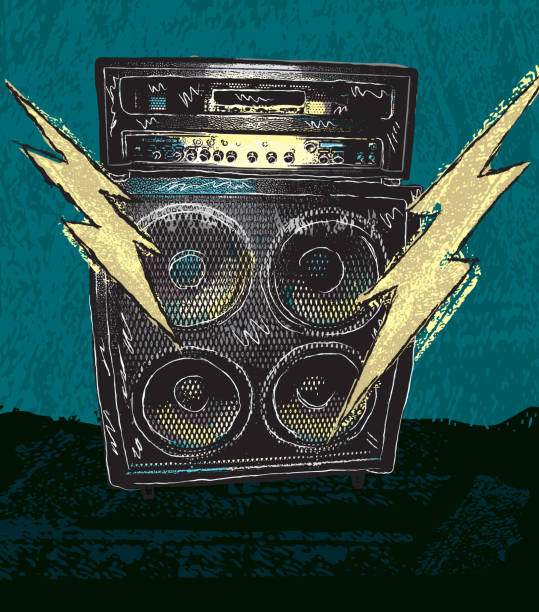Choosing the right amp isn’t a job that needs to be too difficult. However, it can be hard knowing where to look and what to avoid.
Choosing the perfect amplifier (amp) is crucial for any musician, whether you’re a beginner or an experienced player. An amp can significantly affect your sound and overall playing experience. Here’s a comprehensive guide to help you select the ideal amp for your needs.
Understand your needs
Music genre
Different amps are tailored to different music genres. For instance:
- Rock/Metal: High-gain amps with robust distortion.
- Blues/Jazz: Clean and warm sounding amps.
- Country/Folk: Clean tones with slight overdrive.
Playing environment
- Home practice: Low-wattage amps or practice amps.
- Live performances: Higher wattage amps for volume and projection.
- Studio recording: Versatile amps with various tonal options.
Types of amps
Tube amps
- Sound quality: Known for warm, rich tones.
- Maintenance: Require more maintenance due to vacuum tubes.
- Price: Generally more expensive.
Solid-state amps
- Reliability: More durable and require less maintenance.
- Sound: Good for clean tones and higher gain sounds.
- Price: Usually more affordable than tube amps.
Modelling amps
- Versatility: Simulate different amp sounds and effects.
- Convenience: Great for players who need a variety of tones.
- Price: Range from affordable to high-end.
Hybrid amps
- Combination: Use both tubes and solid-state technology.
- Sound: Aim to provide the best of both worlds.
- Price: Mid-range to high-end.
Key features to consider
Wattage
- Low wattage (1-20W): Suitable for home use and small gigs.
- Medium wattage (20-50W): Versatile for both practice and live performances.
- High wattage (50+W): Ideal for large venues and loud playing.
Speaker size
- Small speakers (8-10 inches): Portable and good for practice.
- Medium speakers (12 inches): Balanced sound for various uses.
- Large speakers (15+ inches): Powerful sound for big performances.
Effects and connectivity
- Built-in effects: Reverb, delay, chorus, etc., add versatility.
- Connectivity: Inputs/outputs for pedals, headphones, and recording equipment.
Budget considerations
Entry-level
- Affordable options: Basic amps for beginners.
- Key features: Focus on essential features and reliability.
Mid-range
- Versatility: Better sound quality and more features.
- Use: Suitable for serious hobbyists and semi-professionals.
High-end
- Professional quality: Top-tier sound and build quality.
- Features: Extensive features for professional use.
Choosing the perfect amp involves considering your music genre, playing environment, type of amp, key features, and budget. By understanding these factors, you can find an amp that enhances your playing experience and suits your needs. Take your time, try different amps, and listen to how they sound with your instrument to make the best decision.







